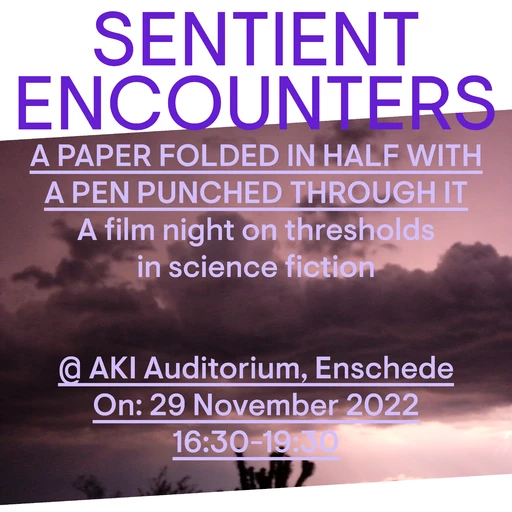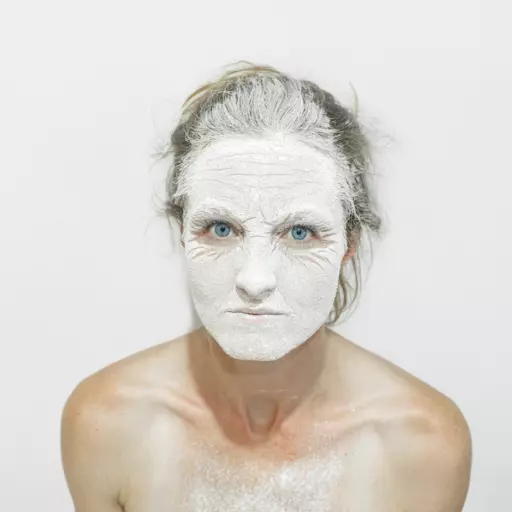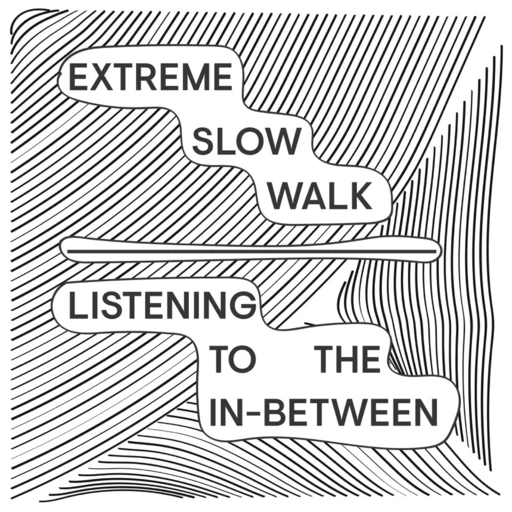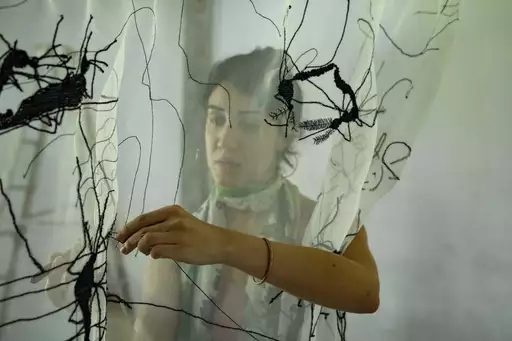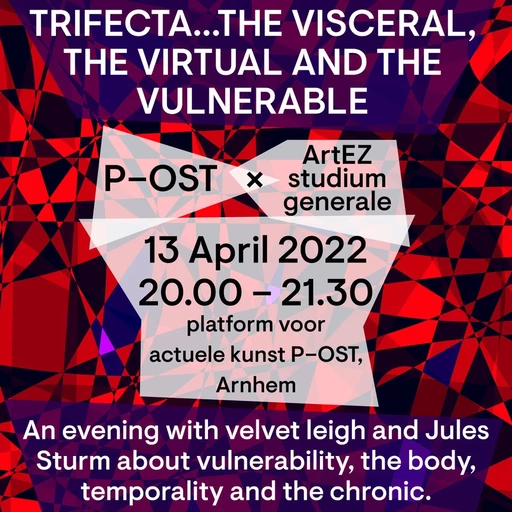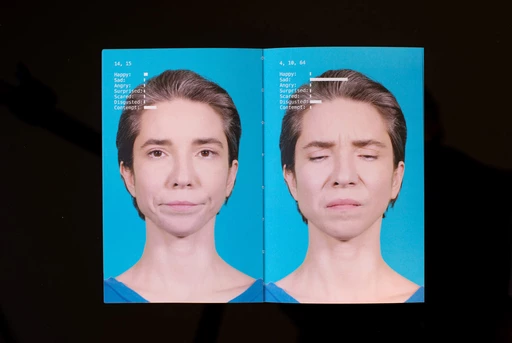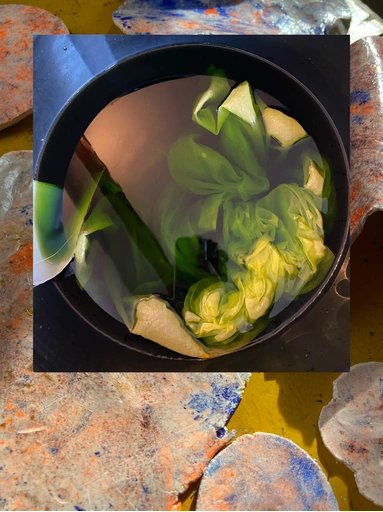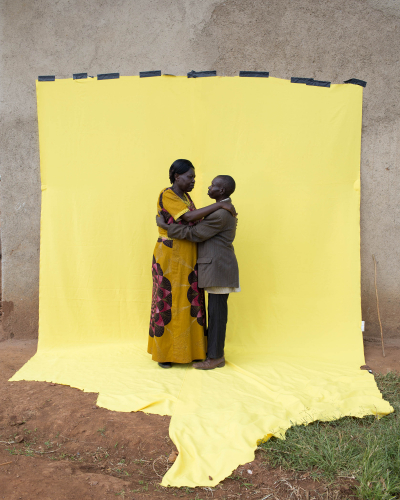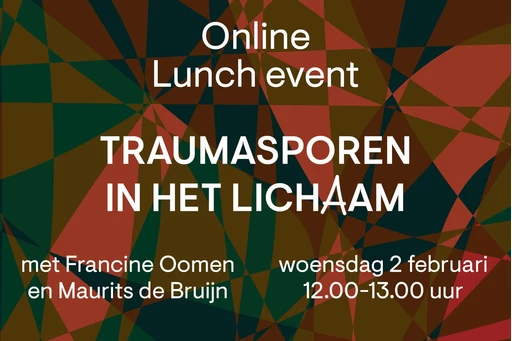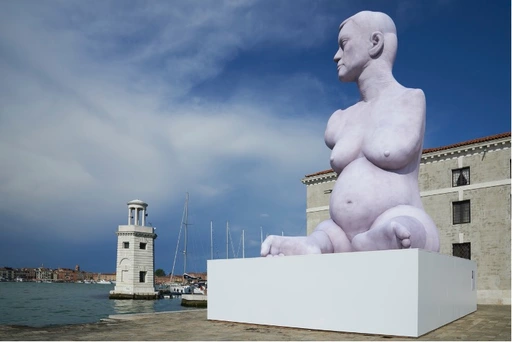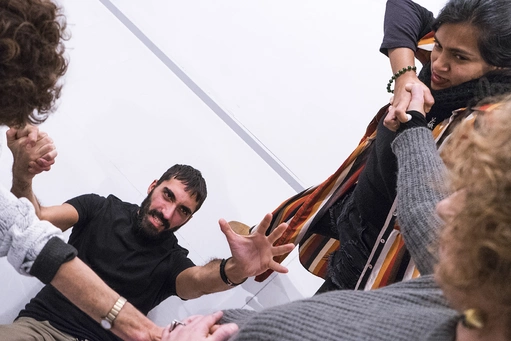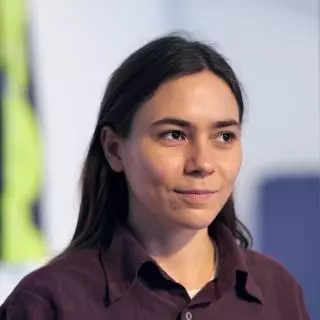The Body as Ground of Belonging
25 feb. 2019 Theaterzaal, Zwolle → Rhijnvis Feithlaan 50, Zwolle
(archive)
Guests: Milica Trakilovic and Christine Ayo
Language: English
This evening about identity, home and the body is a collaboration between studium generale – Kitchen Table Conversations and Honours Programme – Talks with Honours
In his song Not Perfect, comedian Tim Minchin sings: ‘This is my body. And it’s fine. It’s where I spend the vast majority of my time.’
What does it mean to be at home in a body? And what does it take to find a space in society where your body can belong, safely and freely? Looking for answers to these questions studium generale and Honours Programme will come together with researcher Milica Trakilovic and artist Christine Ayo for an open talk. Christine blurs the line between audience and artwork, tackling issues such as: politicisation of bodies, violence against women and hidden colonial histories rooted in daily life. Milica researches how female bodies have been marked as territory, as ‘the body of the nation’. She shows the potential of art to reinstate the body in its fleshly complexity against this overdetermined image of the female body as symbol of the nation-state.
Language: English
This evening about identity, home and the body is a collaboration between studium generale – Kitchen Table Conversations and Honours Programme – Talks with Honours
In his song Not Perfect, comedian Tim Minchin sings: ‘This is my body. And it’s fine. It’s where I spend the vast majority of my time.’
What does it mean to be at home in a body? And what does it take to find a space in society where your body can belong, safely and freely? Looking for answers to these questions studium generale and Honours Programme will come together with researcher Milica Trakilovic and artist Christine Ayo for an open talk. Christine blurs the line between audience and artwork, tackling issues such as: politicisation of bodies, violence against women and hidden colonial histories rooted in daily life. Milica researches how female bodies have been marked as territory, as ‘the body of the nation’. She shows the potential of art to reinstate the body in its fleshly complexity against this overdetermined image of the female body as symbol of the nation-state.
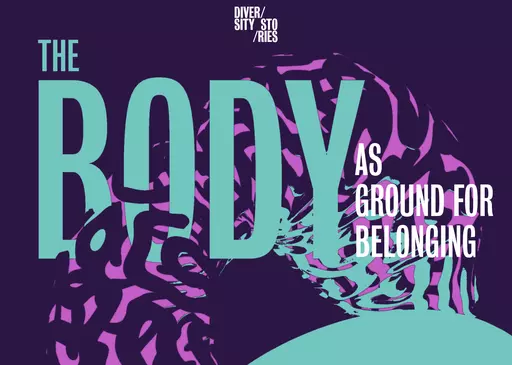
related content
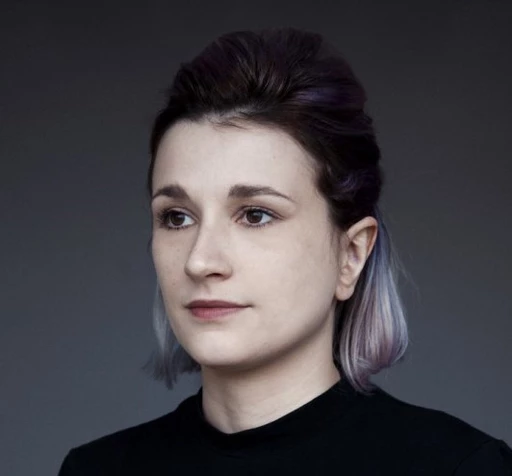
Milica Trakilović
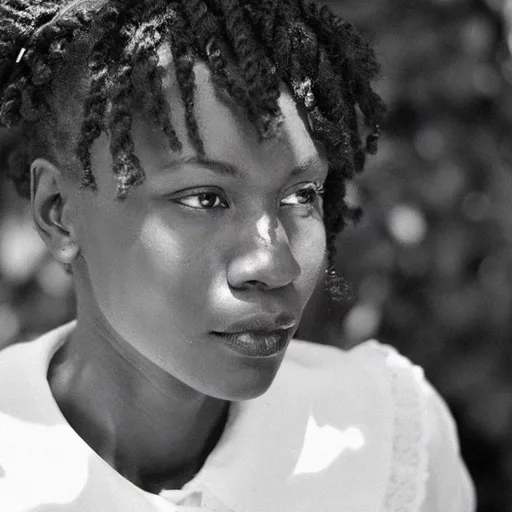
Christine Ayo
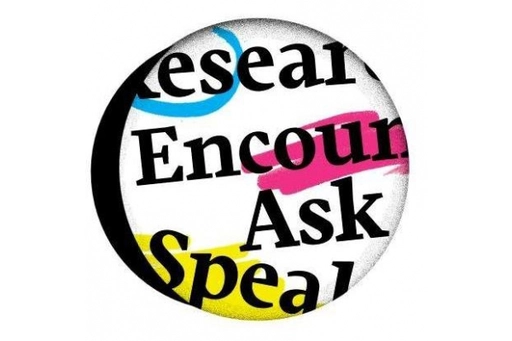
Honours Lab - Theory and Research at Artez
more in this series:
29 nov. 2022 - Body and power(lessness)
A Paper folded in half with a pen punched through it
25 okt. 2022 - Body and power(lessness)
Op bezoek bij Nieke Koek
05 okt. 2022 - Body and power(lessness)
Extreme Slow Walk - Listening to the In-Between
30 mei 2022 - Body and power(lessness)
Vivian Caccuri - De herkomst, politieke context en het sexleven van de mug
13 apr. 2022 - Body and power(lessness)
Trifecta ... the visceral, the virtual and the vulnerable
23 mrt. 2022 - Body and power(lessness)
Manipulatie door technologie
22 mrt. 2022 - Body and power(lessness)
Muddy Fields and Pink Possums: field work and color work as an entry point for embodied writing
07 mrt. 2022 - Body and power(lessness)
Rabiaâ Benlahbib: De macht van de maker – ethische dilemma’s in de kunstpraktijk
02 feb. 2022 - Body and power(lessness)
Online Lunch event: Traumasporen in het lichaam
01 dec. 2021 - Body and power(lessness)
Leesgroep Het Lichaam en (on)macht - met Jules Sturm (online)
23 nov. 2021 - Body and power(lessness)
Kitchen Table Conversations - Het Lichaam en (on)Macht
14 okt. 2021 - Body and power(lessness)
